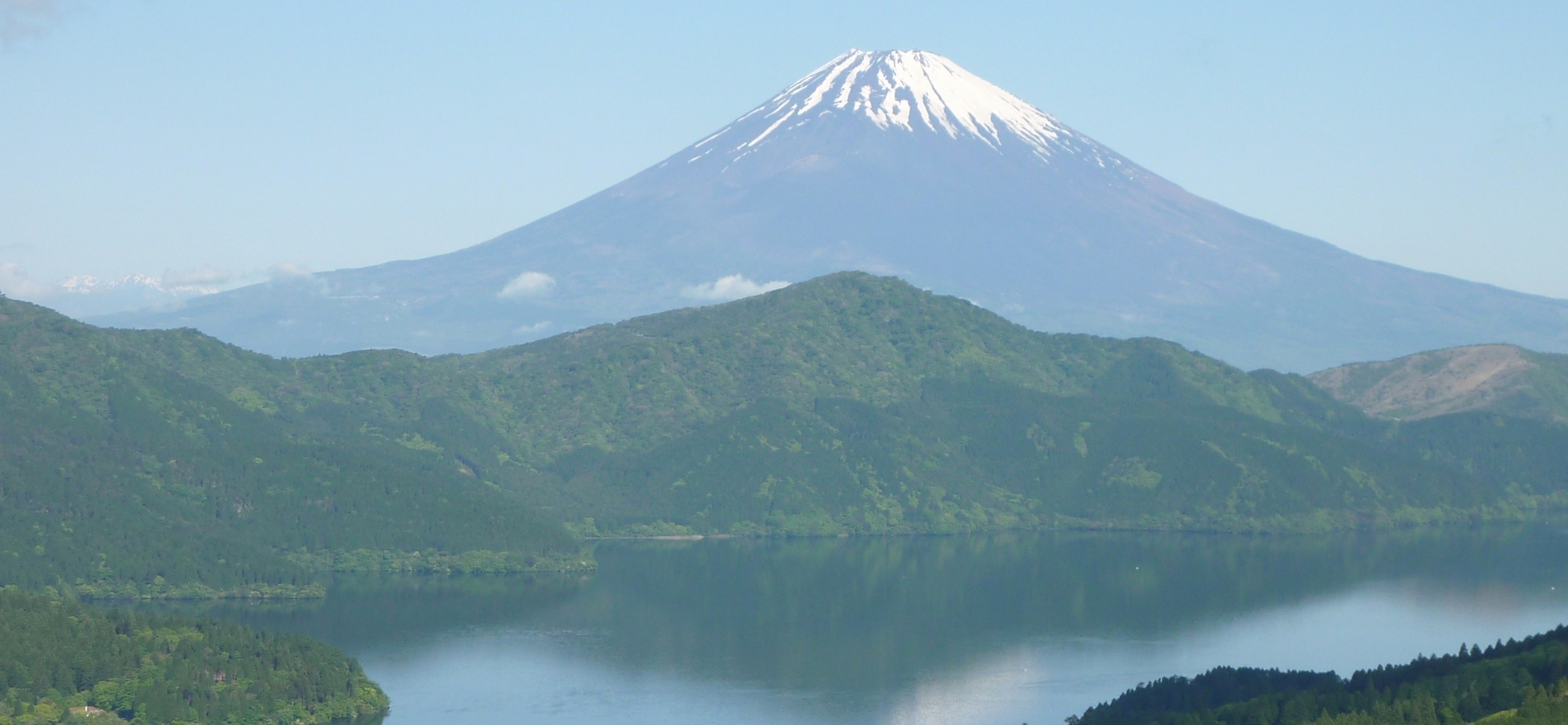Lake Eleusis
Lake Eleusis is a scenic lake on Froúrio nisí. It is a crater lake that lies along the southeast wall of the Iófus Caldera, the remnants of an eruption that occured in 2850.
The lake is known for its views of Mount Eleusis, its numerous hot springs, historical sites, and ryokan. The lake feeds the Eleusis River, the main link between the mountains and Froúrio.
The area is geologically active, and The Great Boiling Valley can be found in the foothills to the northwest.
The surrounding area is riddled with game trails and abounds with nature.
Geography
The lake is approximately 60km from the peak of Mount Eleusis and overlooks the northwestern face of the iconic mountain.
The lake itself is formed in the Iófus Caldera. It is relatively shallow, with an average depth of 15m. At its deepest, the lake is 45m. The shoreline runs approximately 125km, and sits just over 750m above sea level.
The area surrounding the lake is a lush forested region.
Ecosystem
Due to the large amount of geothermal activity, the lake stays free of ice year round.
Localized Phenomena
A small region of paint pots and thermal geyers populate the northwest side of the island. Geothermal activity is plentiful in the region and hot springs can be found in multiple areas around the lake.
Fauna & Flora
A large number of reeds grow around the lake, creating a wetland paradise for birds. The Crested Crane in particular makes its home in the wetlands surrounding the lakeside. The lake is well stocked with a variety of fish, including smelt, bass and trout.
Natural Resources
The variety of fish, including smelt, bass and trout, provide a freshwater source of food to the local wildlife and residents.
History
Thousands of years ago, the caldea of Eleusis was made by an eruption destroying the volcano structure and lava sealing off the primary river flowing from the Froúrio Range out to sea, and creating the lake as it exists now.
Type
Lake
Location under


Comments